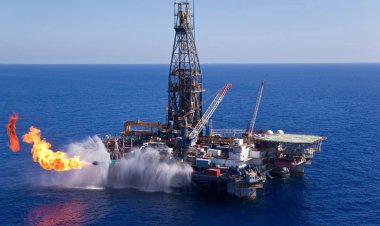$100 billion.. Rich countries finance the climate change in developing countries
Paris is hosting a meeting attended by many heads of state and government in an attempt to reshape the global economic system, amid an increasing need for concerted efforts in order for humanity to confront the climate crisis and get out of poverty.
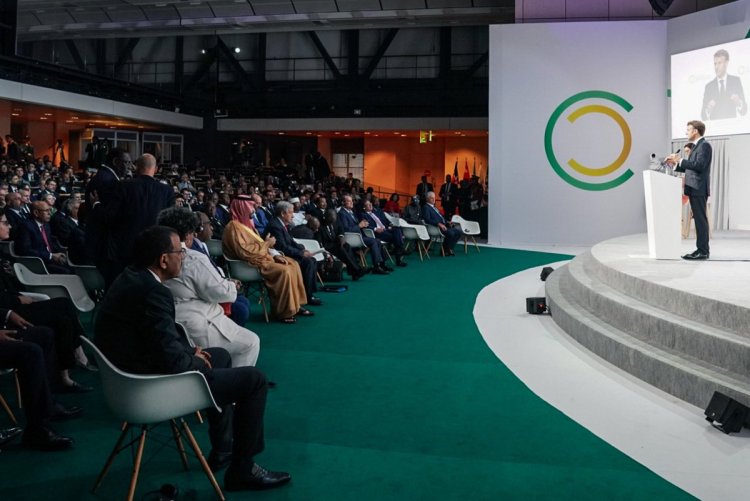
The French president said rich countries have completed an overdue pledge on climate finance for developing countries worth $100 billion, and set up a fund for biodiversity and forest protection.
Emmanuel Macron was speaking at the closing session of a summit in Paris where some 40 leaders, including two dozen from Africa, the prime minister of China and the president of Brazil, gathered to give impetus to a new global financial agenda.
Macron called for a "public fiscal shock" and an increase in "private financing" to help the weakest countries deal with the twin challenges of poverty and climate change.
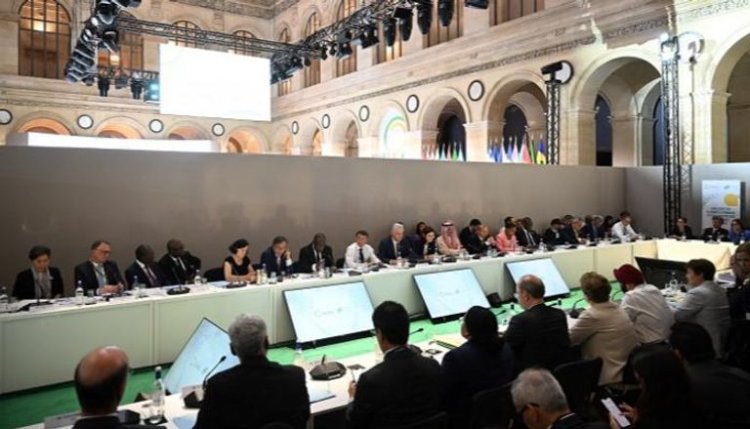
The aim of the Paris summit is:
• Strengthening crisis financing for low-income countries
• Debt relief for low-income countries
• Post-war financial reform
• Freeing up money to tackle climate change by obtaining high-level consensus on how to advance a number of struggling initiatives in bodies such as the G-20, International Monetary Fund, World Bank and United Nations.
In order to achieve this, developing countries, excluding China, will have to spend $2.4 trillion annually by 2030, according to estimates by a group of experts under the auspices of the United Nations, as well as increase their spending on non-fossil fuels from $260 billion to about $1.9 trillion annually. over the decade, according to the International Energy Agency.
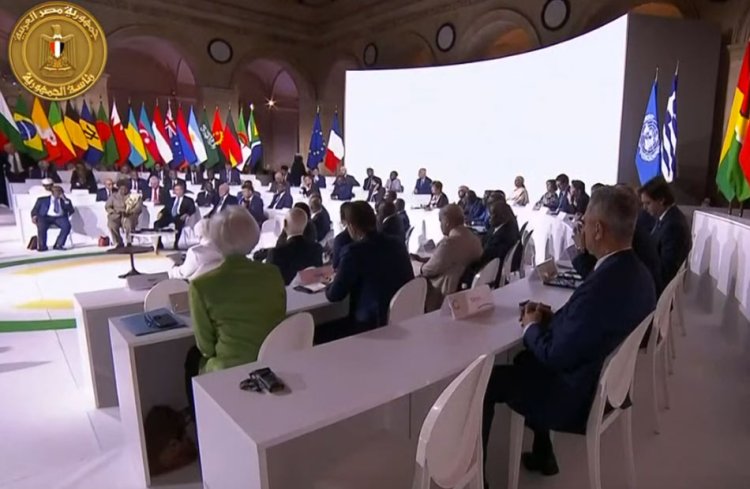
The $100 billion is far below the actual needs of poor countries, but it has become a symbol of the failure of rich countries to deliver on promised climate money. This has led to a lack of confidence in climate negotiations among countries trying to promote carbon dioxide reduction measures.
Reducing financing for countries affected by natural disasters
The World Bank said it would ease financing for countries affected by natural disasters.
The International Monetary Fund announced that it had achieved its goal of making $100 billion worth of Special Drawing Rights available to vulnerable countries.
Support poor countries
Macron had announced this initiative in November 2022, at the end of the COP27 climate conference (hosted by Egypt), which ended with the dissatisfaction of activists and environmental advocates.
However, he was able to secure a historic international agreement to establish a fund to support poor countries in facing the effects of climate change. It is assumed that the topics to be discussed at the "New Financial Pact" summit held today in Paris, in addition to other files, will include financing mechanisms for this fund.
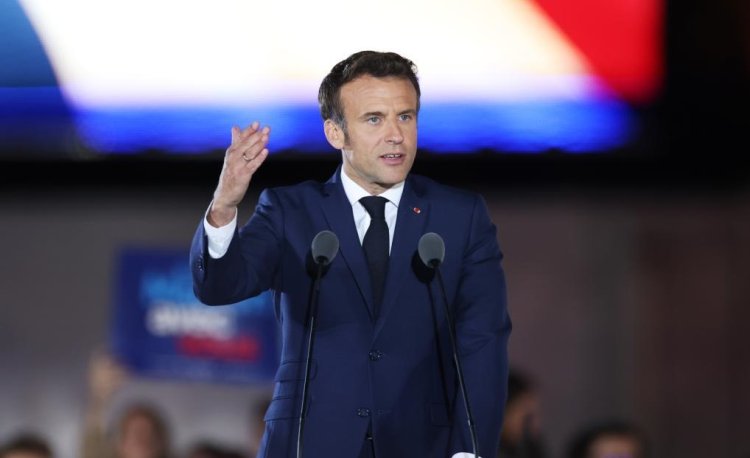
Successive crises
This came at a time when the (poor) southern countries found themselves besieged, facing successive crises (Covid, global economic inflation, the war in Ukraine), which had a very heavy impact on their economies and development processes.
At the same time, these countries consider that obtaining financing for internal projects from these two institutions (the World Bank and the International Monetary Fund) is very difficult, and that they need quick and urgent assistance to face waves of drought, poverty and successive environmental disasters, and to phase out fossil fuels.


 Shrouq
Shrouq 










